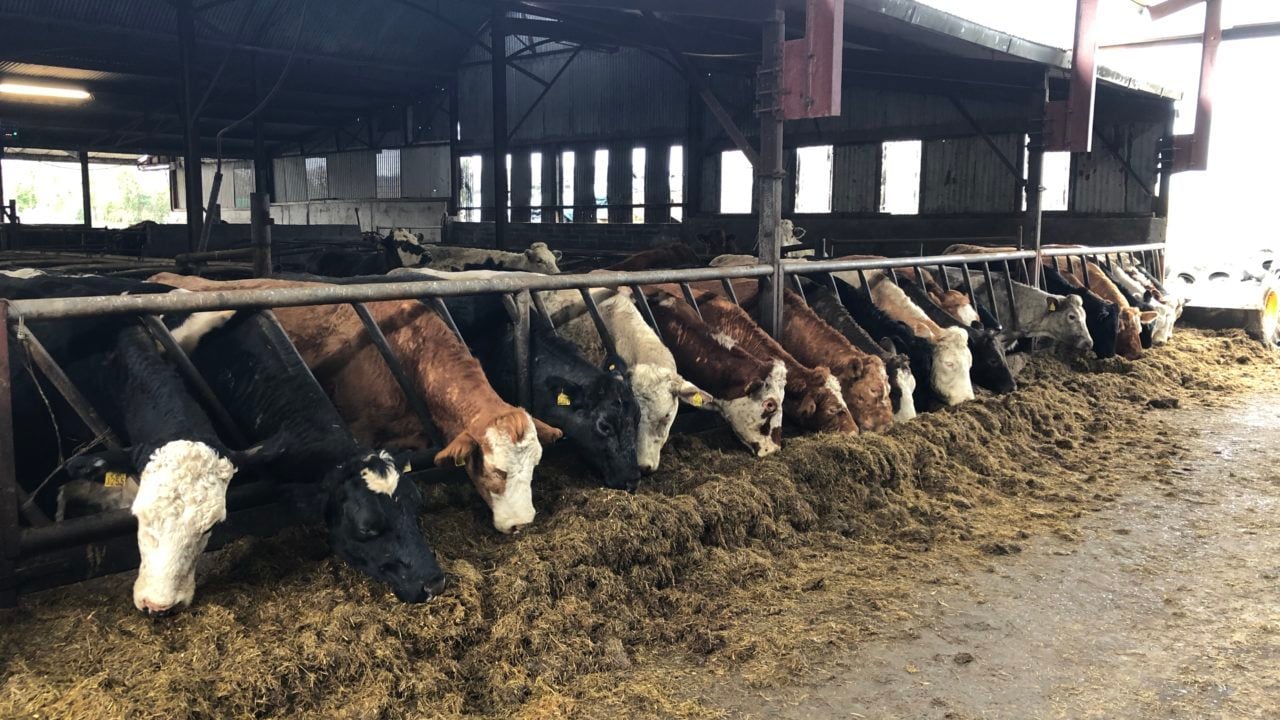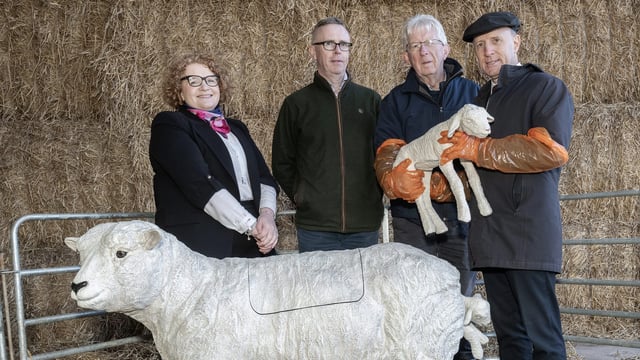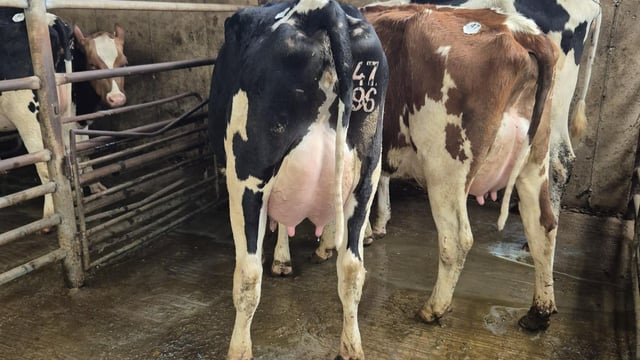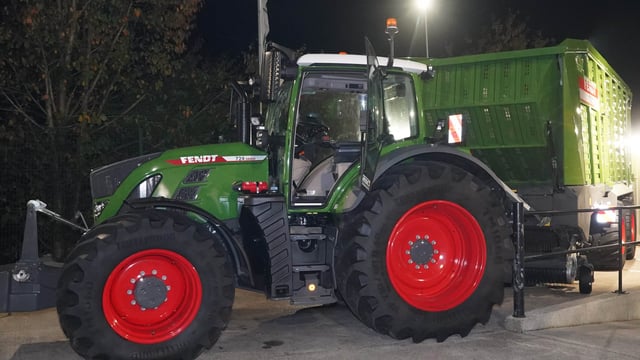Hungary FMD: No movements of animals to Ireland since Jan 1
The Department of Agriculture, Food and the Marine has said that there has been no movements of animals susceptible to foot-and-mouth disease (FMD) to Ireland from Hungary since January 1.
The department said that this "more than covers" the risk period for foot-and-mouth infection.
An outbreak of foot-and-mouth disease (FMD) was identified by a national laboratory in Hungary, the country’s National Food Chain Safety Authority announced last week.
The disease was identified in cattle on a 1,400-head farm in Kisbajcs, a village in the northwest of the country, close to the border with Slovakia and not far from the border with Austria.
The department also confirmed that there have been no movements of foot-and-mouth susceptible species into Ireland from Slovakia or Austria so far this year.
The virus serotype is not known yet and investigation is underway to determine the source of infection.
A protection zone with a 3km radius and a surveillance zone with a 10km radius have been established, within which strict controls apply, movement of susceptible animals is prohibited, and checks on livestock are underway.
There is also a 10km restriction zone in the area of Slovakia closest to the outbreak in Hungary.
Hungary has introduced a movement restriction of all susceptible animals in that region of the country. After that, only direct transport to slaughter will be permitted in the region until March 17.
All international movement of susceptible animals out of Hungary has been suspended until further notice.
Hunting and events involving animal gatherings in the affected county (Gyor-Moson-Sopron) are banned, and tourist attractions like zoos and wildlife parks will be kept closed until further notice.
The Department of Agriculture here is carrying out an ongoing public awareness campaign to highlight the risk of FMD to Ireland.
Livestock owners in Ireland are advised to implement biosecurity measures to mitigate the risk of an outbreak of the disease here.
Any suspicions of FMD must be reported to the local regional veterinary office during normal office hours or the National Disease Emergency Hotline at 01 4928026 (outside of normal office hours) without delay.
Minister for Agriculture, Food and the Marine, Martin Heydon, commented: "The outbreaks of foot and mouth disease in Germany in January and now in Hungary highlight the ongoing risk this disease poses to Irish farms.
"I ask all farmers and those working with livestock in Ireland to stay vigilant, practice good biosecurity, and particularly to be aware of the risks when returning from visits to countries where FMD is present," the minister added.
FMD is one of the most contagious diseases of animals. The virus can be introduced into new areas through the movement of infected animals; feeding of contaminated products of animal origin to susceptible species of animals; contaminated materials coming into contact with animals; and airborne transmission over long distances.
The department said that travelers coming back from FMD affected regions - including Hungary - must be vigilant to avoid inadvertently bringing back to Ireland FMD contaminated meat or dairy, clothing, footwear, vehicles, equipment, etc.
Meat and dairy may not be brought into the EU as personal consignments, e.g. in airplane baggage or through the postal service.
Food waste infected with the FMD virus being consumed by FMD susceptible animalsrepresents the most significant risk pathway for a disease incursion into Ireland.
Other risk factors include clothing, footwear, vehicles and equipment contaminated withthe FMD virus.
It is illegal to bring meat or dairy into Ireland from outside the EU. Strict rules are in place for the importation of such products, e.g. they must come from approved countries/ regions; must be accompanied by a veterinary health certificate; and undergo checks by officials from the department in a border control post.
People should always use a secure bin to dispose of waste food, so that it cannot be accessed by farm animals, wild animals, or wild birds.
Anyone who has been in a country where foot-and-mouth disease is present should adhere to certain guidelines.
These include visiting the department offices at Dublin or Shannon airports prior to leaving baggage reclaim, or, if entering Ireland at a different location, contacting your nearest regional veterinary office (RVO) after arrival.
If you have been on livestock farms, wildlife areas or zoos in affected countries, avoid contact with livestock or wildlife for at least 14 days following arrival in Ireland.











